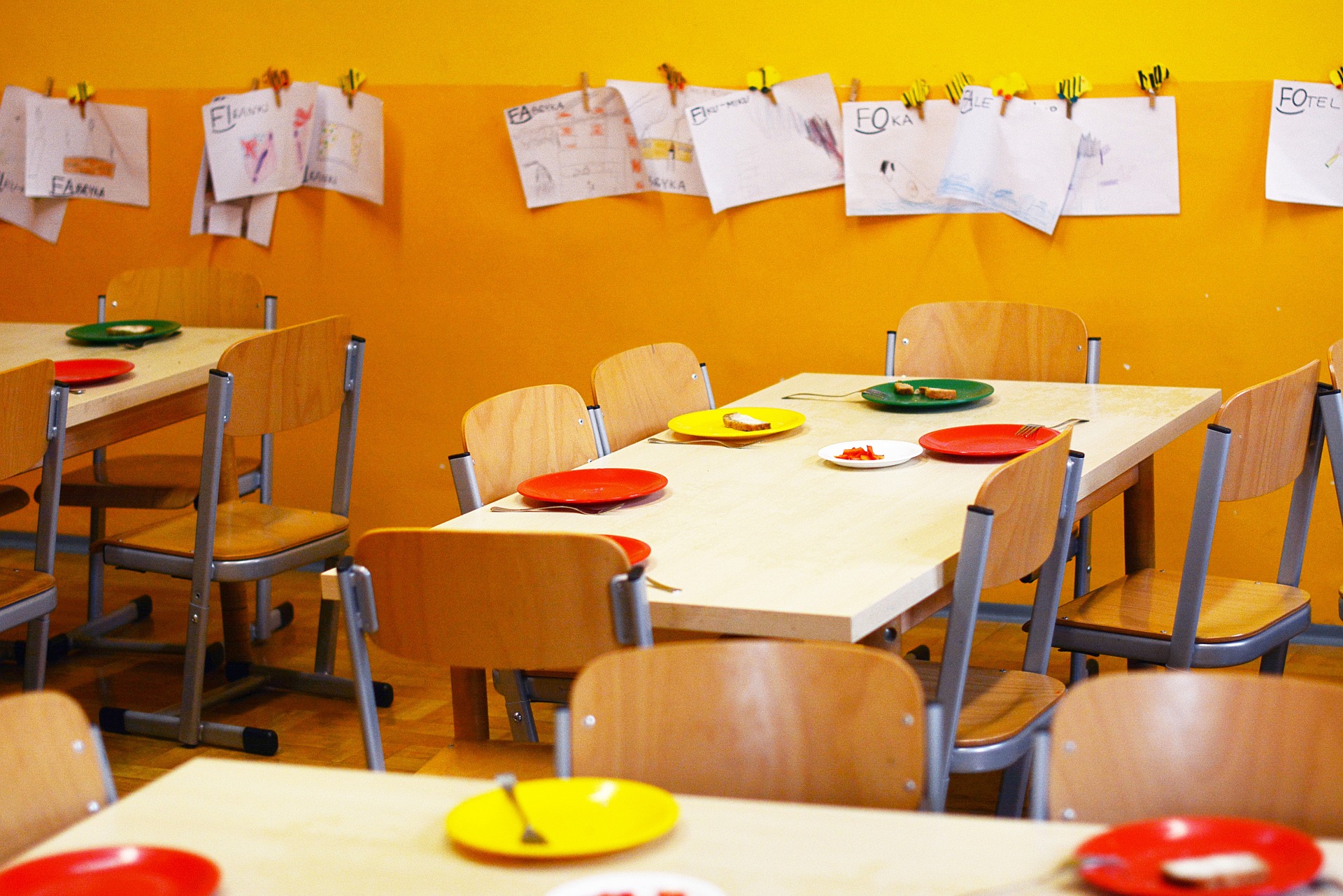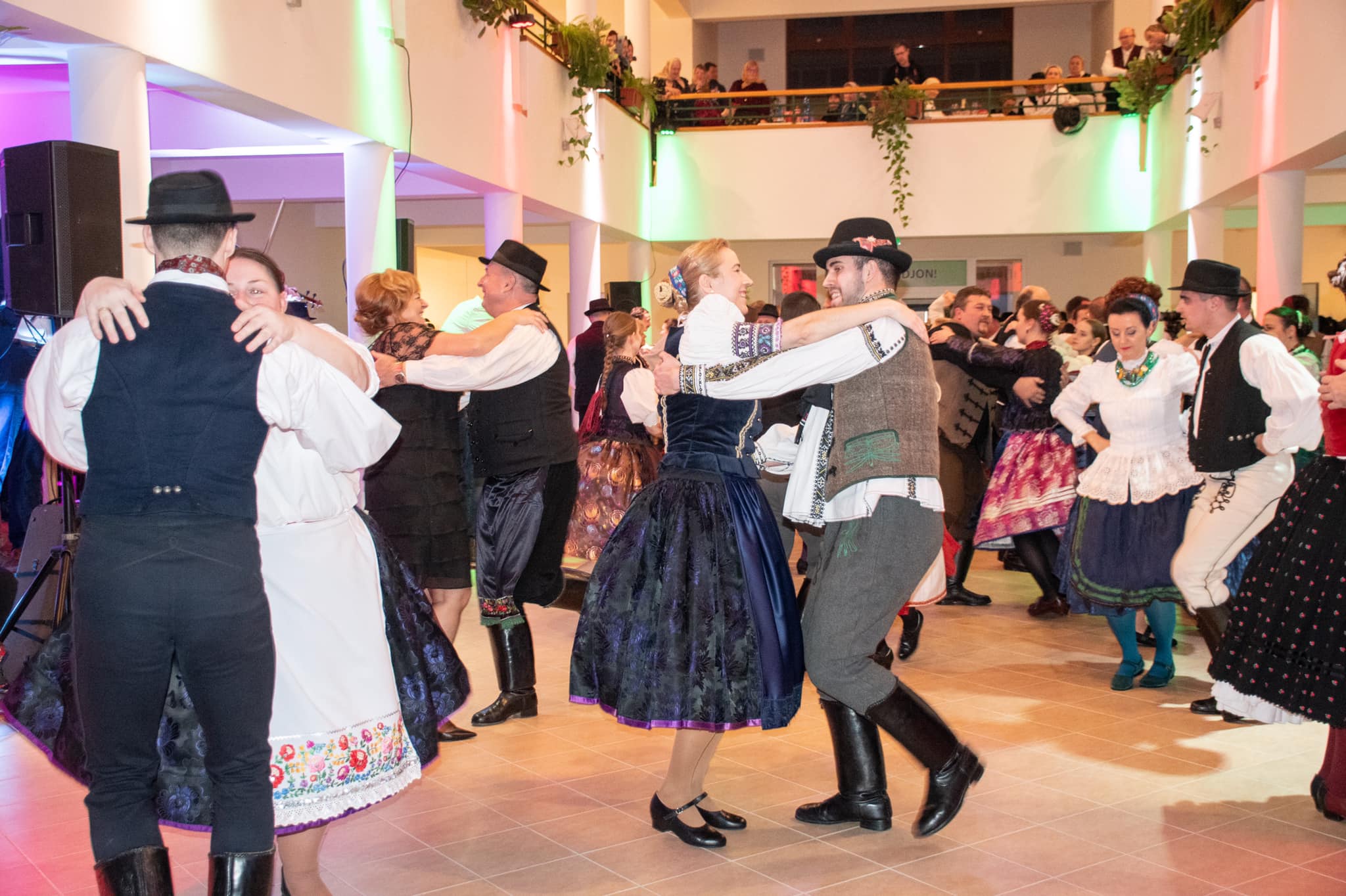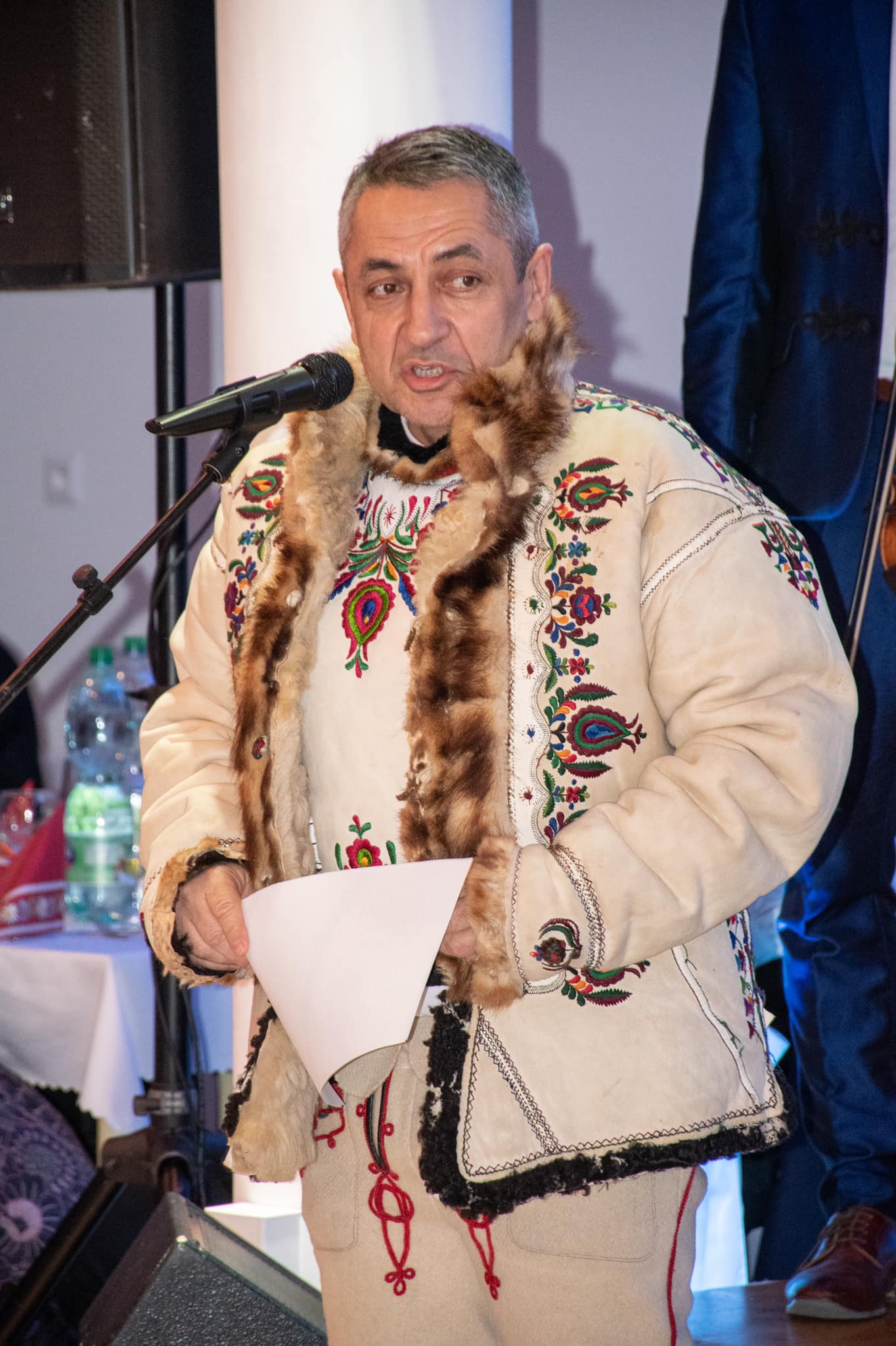
It is expected that at least 20 children would be enrolled in the group from the start.Continue reading

The sense of togetherness among Hungarians is stronger now than at any time in the past 100 years, said Árpád János Potápi, Secretary of State for National Policy of the Prime Minister’s Office, in Moldava nad Bodvou (Szepsi, Slovakia), where he gave a speech at the Felvidéki Folk Costume Ball on Saturday.
At the event, held for the 13th time at the Blessed Sára Salkaházi Church School Center (Boldog Salkaházi Sára Egyházi Iskolaközpont), built with the support of the Hungarian government, the Secretary of State spoke about the role of folk traditions and costumes in preserving identity, the feeling of belonging, and the Hungarian government’s support for Hungarian educational institutions abroad and its results.

Secretary of State Árpád János Potápi attended the ball dressed in a Bukovina Szekler costume.
Árpád János Potápi said that the idea of a folk costume ball is also very timely, because the dance hall movement, marking the renaissance of folk culture, started organizing open dance halls in 1973, 50 years ago. He pointed out that dance, folk customs and costumes in different areas of life send the same message:
…there is a specific, distinct Hungarian way of life, and folk costumes are particularly valuable because they “embody the culture of our ancestors.”
In his speech, Potápi stressed that the Hungarian government’s national policy is based on the determination to strengthen the nation as a caring community through a sense and awareness of belonging. He noted that this endeavor has brought a lot of development, construction, and even more joy to Hungarians living abroad, and one of these joys was experienced by the community in Moldava nad Bodvou, when the building of the church school center, the venue of the ball, was inaugurated last March.
The Secretary of State for National Policy added that in the past 12 years, 1,200 educational investments have been made, and practically all Hungarian educational institutions abroad – around 1,500 – have received some form of support. It means that, in per capita terms, 300,000 children in the Carpathian Basin and around the world have been given access to quality education in their mother tongue.
In his concluding remarks, the government official emphasized that the aim this year is to maintain the progress made so far and to sustain the strength of caring communities. “We cannot be ambitious in a year of war and sanctions crises, but we will deliver what we promise. The government of Hungary continues to bear responsibility for all Hungarians,” stated Potápi.
Featured photos via Facebook/Árpád János Potápi